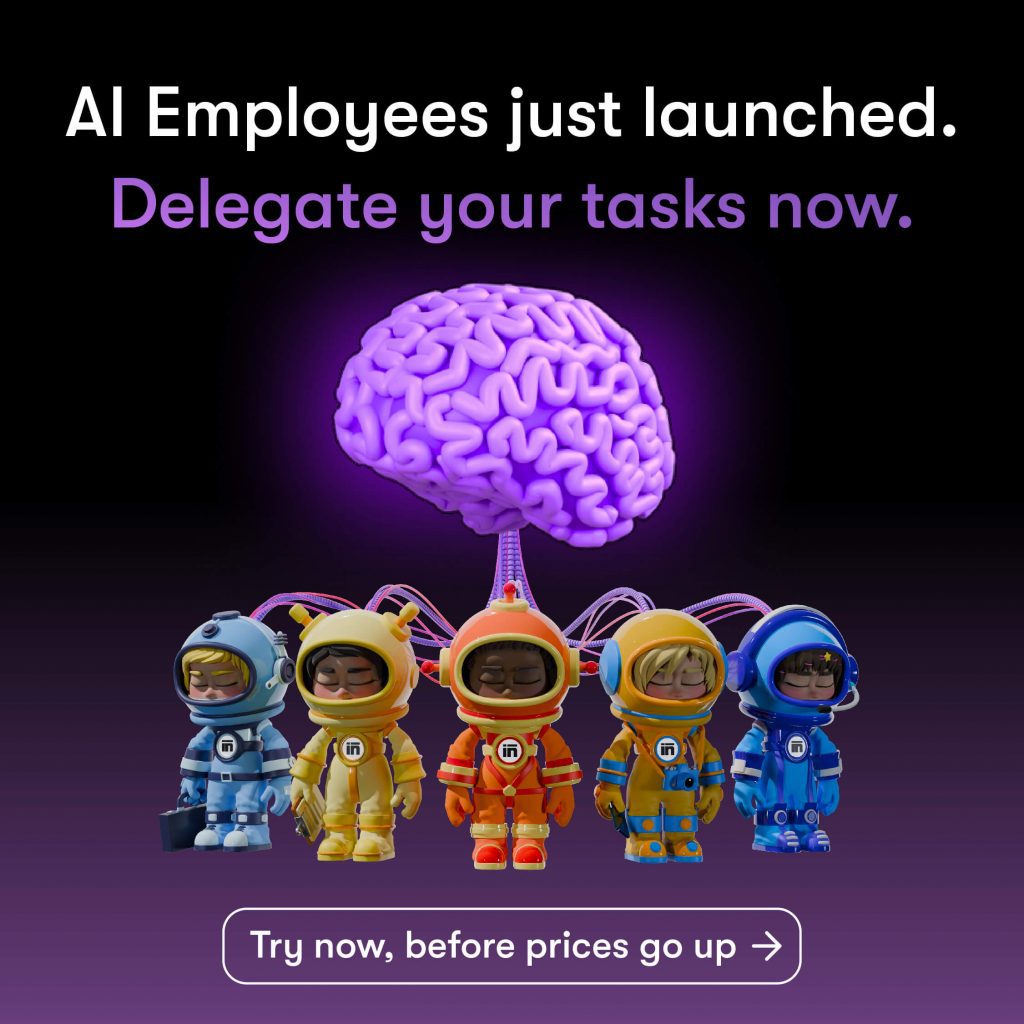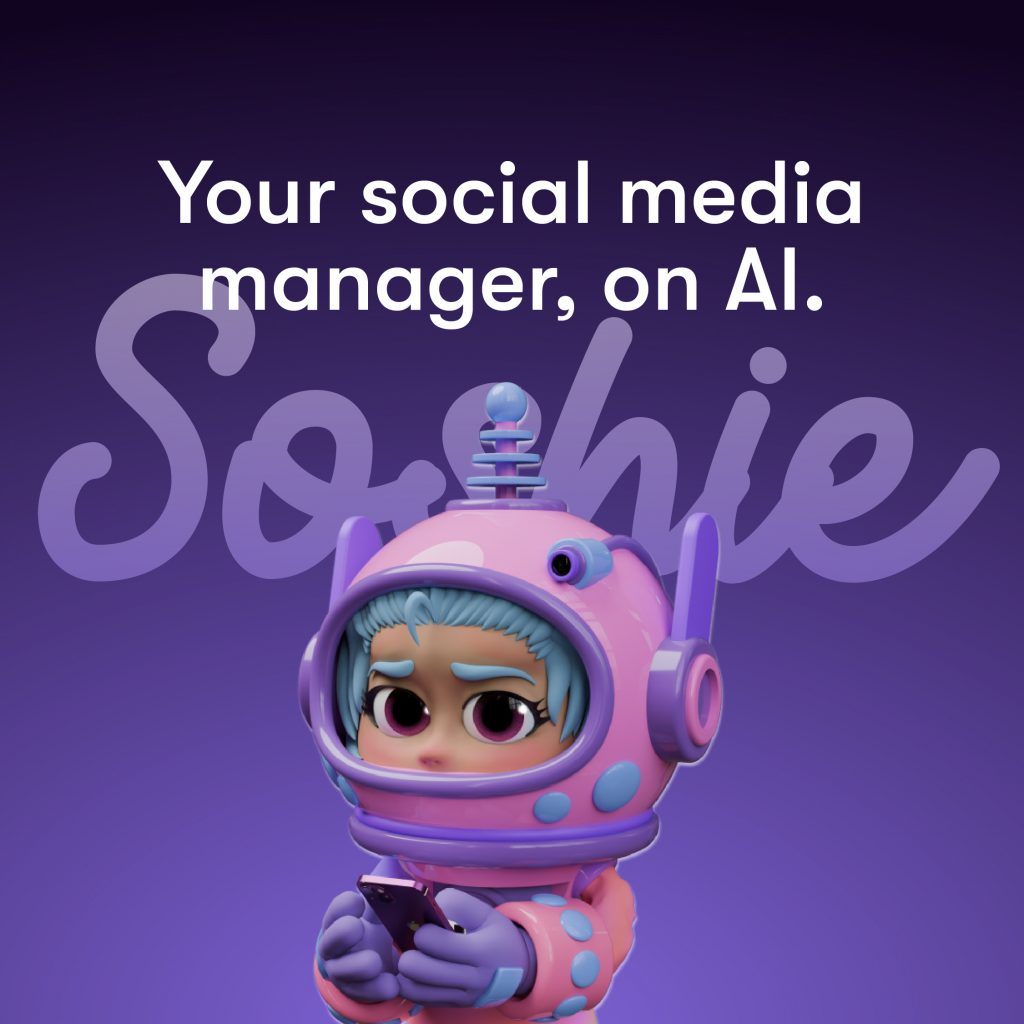There’s a quiet relief that comes from crossing something off a to-do list — not because it’s exciting, but because it’s finally done. Repetition has always been part of work: the emails, the reports, the scheduling, the same processes repeated day after day. It’s the background noise of progress, but it can also be the weight that slows it down.

Letting go of those repetitive tasks isn’t just about saving time. It’s about reclaiming energy — the kind that sparks creativity, connection, and calm. In a world that never stops demanding attention, learning to trust technology to take over the routine isn’t surrender. It’s evolution.
The Emotional Weight of Repetition
Repetition can be comforting in small doses — a morning ritual, a predictable rhythm. But when it dominates the workday, it starts to erode focus. People stop thinking deeply and start functioning mechanically. The spark that once fueled their ideas begins to fade under the pressure of “just getting things done.”
It’s not that repetition itself is bad — it’s that humans were never meant to carry so much of it. That’s where intelligent systems step in, not to replace human touch but to restore it. Sintra was designed around this very balance: handling the repetitive, predictable tasks that drain people’s mental energy, so that real thinking — the kind that moves businesses forward — can breathe again.
The joy isn’t in doing more; it’s in rediscovering what actually matters.

Why Letting Go Feels Hard
Control gives comfort. Most people hesitate to hand over tasks, not because they enjoy doing them, but because they fear mistakes. There’s a deep psychological attachment to the familiar — even when it exhausts us. We think, If I do it myself, I’ll know it’s right.
But that mindset keeps teams small and leaders tired. The turning point comes when trust replaces control — when we realize that technology can match our precision without draining our energy.
Systems like Sintra make that leap easier. Built to learn patterns, adapt, and execute consistently, its AI employees don’t just follow instructions — they grow with the workflow. Letting go stops feeling like a risk and starts feeling like relief.
When Trust Turns Into Freedom
Imagine opening a laptop in the morning and realizing the tedious work is already done — reports generated, data sorted, updates sent. That small sense of peace changes the tone of the entire day. Suddenly, there’s room for thought, for strategy, for connection.

This is what happens when technology earns our trust. It stops being a tool and starts becoming a teammate. Sintra’s digital workforce is built around this idea — not to dominate, but to collaborate. It takes on the repetitive rhythms of the business world, ensuring the essentials run smoothly in the background so humans can focus on what’s uniquely theirs: judgment, empathy, and imagination.
It’s not about replacing work; it’s about refining it.
Rediscovering the Human Element
Ironically, the more technology advances, the more we crave the human side of work. Collaboration, creativity, laughter — those are the things that make professional life meaningful. When every minute is swallowed by repetitive tasks, there’s little space left for any of it.
By automating the routine, businesses don’t lose their humanity — they get it back. Teams communicate better when they’re not exhausted. Ideas flow more freely when people aren’t stuck in the grind. With Sintra, companies are learning to make this shift gracefully — handing over the mechanical tasks so that people can return to being thinkers, creators, and leaders.
In that act of delegation lies something surprisingly emotional: the joy of being fully present again.

The Beauty of Doing Less
There’s a growing understanding in modern work culture that more effort doesn’t always equal more success. Sometimes the smartest move is to step back and let systems do what they do best. Trusting automation doesn’t diminish human capability — it amplifies it.
Letting go allows room for better thinking. It creates space for silence, for innovation, for the small moments that often get lost in the noise of constant doing. The joy isn’t in the absence of work; it’s in the presence of purpose.
That’s what Sintra represents — the quiet confidence that everything is getting done, even when it’s not done by human hands. The rhythm of progress continues, but the pressure softens. Work becomes lighter, calmer, and infinitely more meaningful.
Last modified: November 10, 2025






